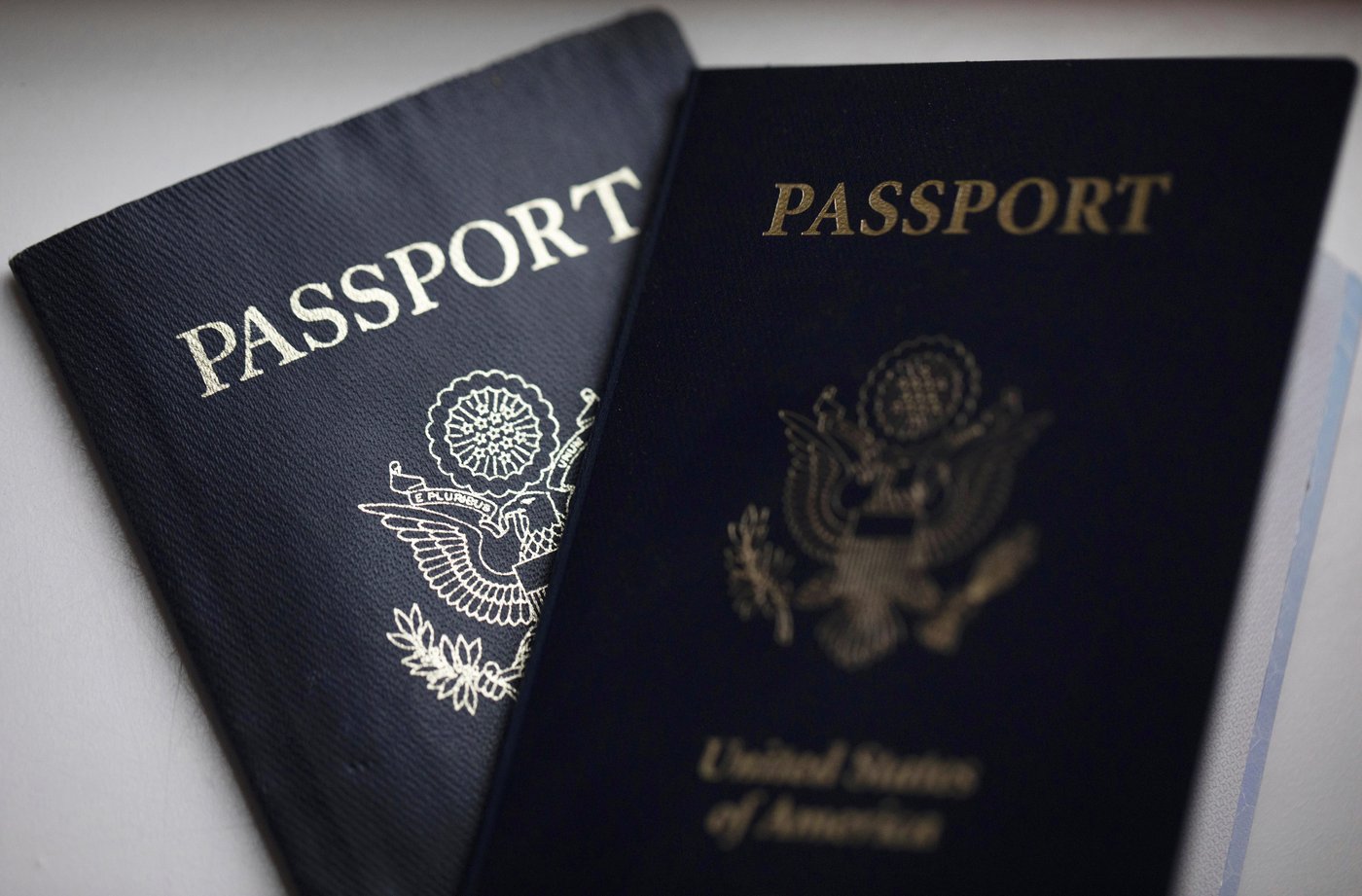Elevate your local knowledge
Sign up for the iNFOnews newsletter today!

BOSTON (AP) — A federal judge has blocked the Trump administration from limiting passport sex markers for many transgender and nonbinary Americans.
Tuesday’s ruling from U.S. District Judge Julia Kobick means that transgender or nonbinary people who are without a passport or need to apply for a new one can request a male, female or “X” identification marker rather than being limited to the marker that matches the gender assigned at birth.
In an executive order signed in January, the president used a narrow definition of the sexes instead of a broader conception of gender. The order said a person is male or female and rejected the idea that someone can transition from the sex assigned at birth to another gender.
Kobick first issued a preliminary injunction against the policy last month, but that ruling applied only to six people who joined with the American Civil Liberties Union in a lawsuit over the passport policy.
In Tuesday’s ruling she agreed to expand the injunction to include transgender or nonbinary people who are currently without a valid passport, those whose passport is expiring within a year, and those who need to apply for a passport because theirs was lost or stolen or because they need to change their name or sex designation.
“This is yet another attempt by a rogue judge to thwart President Trump’s agenda and push radical gender ideology that defies biological truth,” White House Deputy Press Secretary Anna Kelly said in a statement to The Associated Press. “There are only two genders, there is no such thing as gender ‘X’, and the President was given a mandate by the American people to restore common sense to the federal government.”
The government failed to show that blocking its policy would cause it any constitutional injury, Kobick wrote, or harm the executive branch’s relations with other countries.
The transgender and nonbinary people covered by the preliminary injunction, meanwhile, have shown that the passport policy violates their constitutional rights to equal protection, Kobick said.
“Even assuming a preliminary injunction inflicts some constitutional harm on the Executive Branch, such harm is the consequence of the State Department’s adoption of a Passport Policy that likely violates the constitutional rights of thousands of Americans,” Kobick wrote.
The judge declined to expressly include intersex people among the class of people affected by the injunction, though they are not excluded if they meet the other criteria the judge outlined. People who are intersex are born with naturally occurring variations to their chromosome patterns, internal or external reproductive organs or hormones that don’t fit into categories of “male” or “female.”
In a footnote, Kobick wrote that she made the decision because “intersex people are uniquely positioned to argue that the Passport Policy ‘injects inaccuracy into the data’ by assigning them a binary sex that lacks any biological basis,” and it wasn’t clear that a broader class of non-binary plaintiffs could fully represent the interests of intersex people.
Kobick, who was appointed by former President Joe Biden, sided with the ACLU’s motion for a preliminary injunction, which stays the action while the lawsuit plays out.
“The Executive Order and the Passport Policy on their face classify passport applicants on the basis of sex and thus must be reviewed under intermediate judicial scrutiny,” Kobick wrote in the preliminary injunction issued earlier this year. “That standard requires the government to demonstrate that its actions are substantially related to an important governmental interest. The government has failed to meet this standard.”
In its lawsuit, the ACLU described how one woman had her passport returned with a male designation while others are too scared to submit their passports because they fear their applications might be suspended and their passports held by the State Department.
Another mailed in their passport Jan. 9 and requested to change their name and their sex designation from male to female. That person was still waiting for their passport, the ACLU said in the lawsuit, and feared missing a family wedding and a botany conference this year.
In response to the lawsuit, the Trump administration argued that the passport policy change “does not violate the equal protection guarantees of the Constitution.” It also contended that the president has broad discretion in setting passport policy and that plaintiffs would not be harmed since they are still free to travel abroad.
___
Associated Press writer Rebecca Boone in Boise, Idaho, contributed.
Want to share your thoughts, add context, or connect with others in your community?
You must be logged in to post a comment.